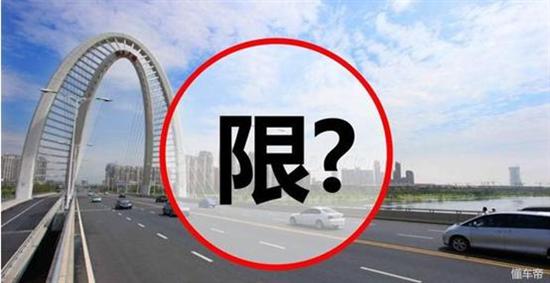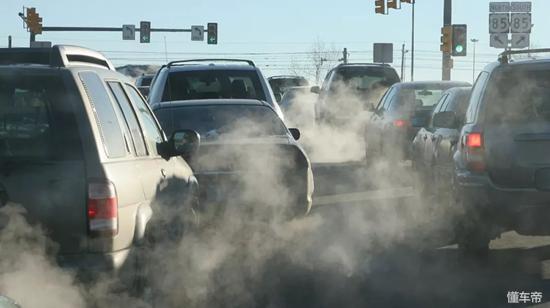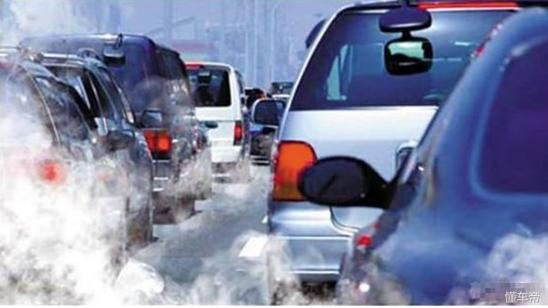As we all know, vehicle exhaust emissions have always been an important source of pollution, and the country has been making great efforts in energy conservation and emission reduction. Since the Ministry of Environmental Protection issued a report that light vehicles will be implemented on July 1, 2020, they have responded positively and have issued detailed rules. Country 6a is only a transitional phase from State 5 to Country VI. The national six emission standards are strictly 40% to 50% higher than the national five standards. Comparing with the five national standards, the national six emission standards have significantly tightened the emission limits of pollutants, increased the control requirements for pollutants in the refueling process and the test requirements for hybrid electric vehicles. On April 2, Shenzhen took the lead in issuing the “Shenzhen Municipal Committee on Human Settlements Environment, Shenzhen Public Security Bureau Traffic Police Bureau’s notice on the implementation of the sixth phase of the National Motor Vehicle Air Pollutant Emission Standard (Consultation Draft)â€. The notice requires Shenzhen to formally implement the light diesel vehicle country VI standard on July 1, 2018 and implement the light gasoline vehicle country VI standard from January 1, 2019, and the registered or transferred light vehicle must reach the national VI. standard. This time is five years ahead of the implementation time set by the Ministry of Environmental Protection! The nationwide five emission standards for light-duty diesel vehicles have only just begun since January 1 this year. What are the implications of the implementation of State VI? Many people worry that the State Six will have an impact on the car scrapping system. At present, the state has cancelled mandatory scrapping measures. That is to say, even if a car is not forced to be scrapped for 20 years, you must pass an emissions test. Cars should be inspected once a year for more than 6 years and once every 6 months for more than 15 years. Therefore, after the implementation of the Sixth National Emissions Standard, "non-mandatory scrapping" has been used in name only. It does not require you to be retired, but it does not pass the inspection requirements. Of course, you cannot drive on the road. Will you be able to park your home for antiques every day? The promotion from a lower standard to a higher standard is not an easy task. It is a very big challenge for the government, the manufacturer and the owner. Host plants and parts factories are required to carry out new R&D, design, and match production based on new standards. Especially for engine plants and auto after-treatment parts factories, they need to be re-developed. The required manpower, material resources, and financial resources are all required. Not a small sum. These costs will also be directly reflected in the car prices, the implementation of new standards, for drivers with old standard models, the heart is rejected. The price of buying a new car is too high, and the old car is subject to restrictions and a dilemma. Anyway, the choice is not a small burden. All sorts of factors have resulted in the driver's acceptance of the implementation of the new standard being low, and the general attitude of rejection. This has also led to very difficult policy promotion. Under the background of the country’s vigorous development of new energy vehicles, Shenzhen, the vanguard of reform and opening up, hopes to make the pace of development of new energy vehicles faster. In this case, a part of the entire vehicle company may give up the research and development of the traditional national six light vehicle products and then switch to new energy vehicle products. Shandong Langhui Petrochemicals CO.,LTD , https://www.langhuiplasticizer.com

